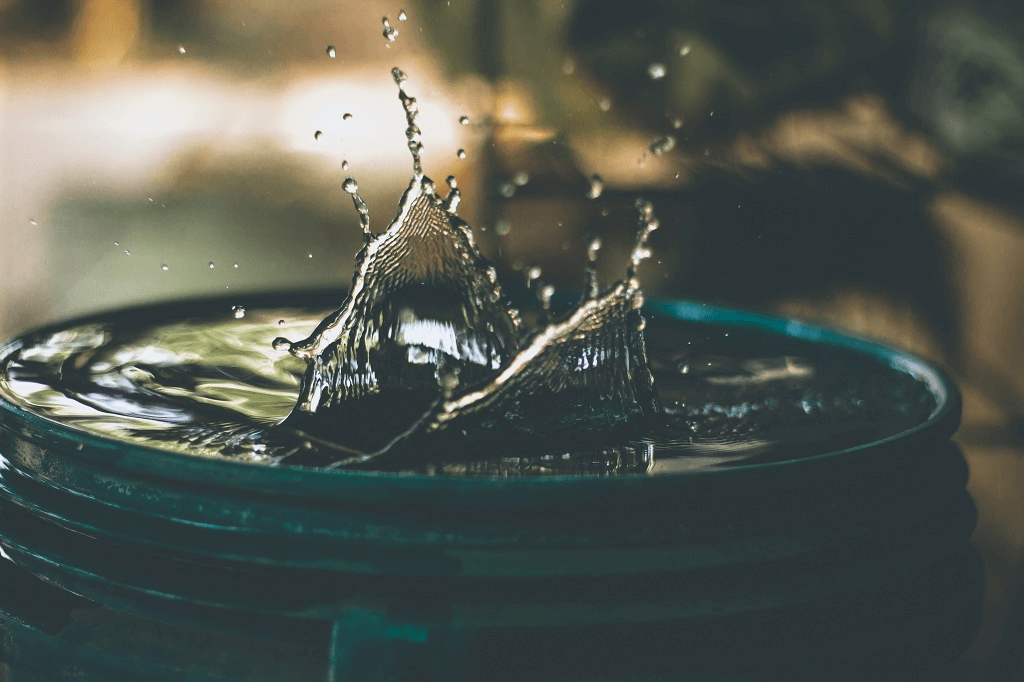Studies show that about 90% of US households have hard water issues.
Although hard water itself is not a major health concern, it is known to cause minor skin irritations. Also, it
can lead to long-term corrosion of plumbing pipes, damaging them and being a nuisance. Corroded pipes, over
time, leach toxic chemicals and metals into the water. For this reason, it is advisable to learn about the best
water softeners and the best hard water solutions suitable for use at home. With this knowledge, you don't have
to bathe or shower with water that leaves an icky film on your skin neither do you have to wear clothes that
feel stiff or not clean enough.
First and foremost, let's discuss the difference between hard or soft water
that runs from your tap.
How To Identify Hard or Soft Water from Your Tap
You may ask, what is hard water? Hard water is water that contains dissolved minerals,
especially calcium and magnesium. Although the minerals are harmless to human health, they do annoy a lot of
homeowners. Most homeowners are concerned about the higher sodium content of water after softening it;
fortunately, this can still be avoided. Due to health concerns like elevated blood pressure, added sodium is
quite dangerous for people that require a low to no sodium diet. Kindly take extra caution when softening your
water if this applies to you.
You can tell if hard water is running from your tap if there is a reduced
water flow. Water pressure decreases due to limescale buildup in the plumbing pipes. Also, hard water causes an
increase in energy bills. Home appliances work harder because of limescale buildup, increasing your energy
bills. In addition, if you notice that you have dry hair and skin, it could result from hard water. Hard water
leaves mineral deposits in your hair, and when such minerals cling to your scalp, it can cause your hair to be
dry and brittle. Also, mineral residue on your skin can irritate.
Another way to tell if the water coming from your tap is hard water is if
your household chores require more soap. Usually, hard minerals affect the lathering of soap and shampoos
and cause soap scum which is challenging to wash off. Hard water can cause your laundry to lose color and not
get cleaned because soaps and detergents do not foam with the water. Alternatively, you can carry out water
tests to check water hardness. There are several DIY test kits available for purchase online, especially for
rural homeowners.

How Can You Soften Your Water?
Water softening refers to the removal of minerals like calcium and magnesium
that cause hardness. Although there are several ways of removing water hardness, your chosen method depends on
whether you want to treat all the water in your house or if you want to treat specific points.
Traditionally, ion-exchange water softeners are the most common method of
hard water treatment. This water softening method uses highly developed technology that reduces hardness levels
in most cases. Nevertheless, there are other water softening alternatives, including;
Boiling
Boiling is only suitable for treating small quantities of water at once.
Boiling causes minerals to settle at the bottom of the boiled water. Afterward, you can scoop out the settled
minerals and wait for the water to cool.
Use Of Ion-exchange Filters
Ion-exchange water
pitchers are ideal for removing minerals causing water hardness. However, similar to boiling,
ion-exchange pitchers allow softening of small quantities of water at once. Therefore, there will still be
hardness-causing minerals in the rest of your home's water supply. Consequently, appliances like dishwashers
will be impacted by hard water, and there will still be reduced water flow due to the buildup of minerals in the
pipes.
Using Non-precipitating Water Conditioners in Laundry
Non-precipitating water conditioners can trap some hardness-causing minerals during laundry. It is advisable to search online to ensure that you purchase non-precipitating conditioners.
Precipitating conditioners, on the other hand, leave scales on fabric and washing machines. It is, therefore, best to avoid them. After purchasing a non-precipitating conditioner, all you need do is add it to your laundry.
Although the earlier mentioned water softening alternatives may work temporarily, they are quick fixes- they do not address the root of the problem. Most homeowners find these water softening methods not so successful, and they can only treat small quantities of water at once.
When treating water hardness, you need a more efficient system. The reverse osmosis water softener is an effective hard water treatment method that removes hardness as water enters your home. Therefore, you get to enjoy the water that lathers easily, does not leave scum in your bathroom, and also leaves your skin and hair softer.
Homeowners looking for a long-lasting solution can opt for traditional ion-exchange water softeners. You should also consider and research installing a whole-house water softener in the long run. Whole-house water softeners can extend the life of your water-using appliances and help you save money on soap and detergent. Furthermore, it is a worthwhile investment that can pay you back in more ways than you can imagine.
Conclusively
Hard water does not lather easily and can leave scum on your clothes. Although there are several water softeners, they're only quick fixes. Whole-house water softeners are ideal for removing water hardness across your home.



